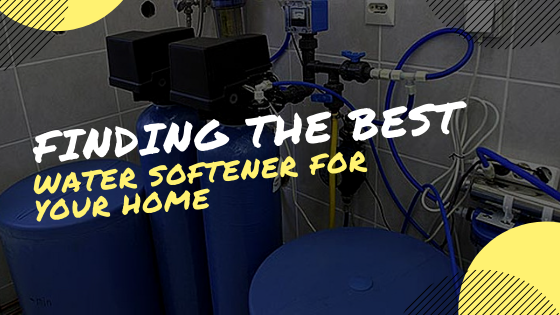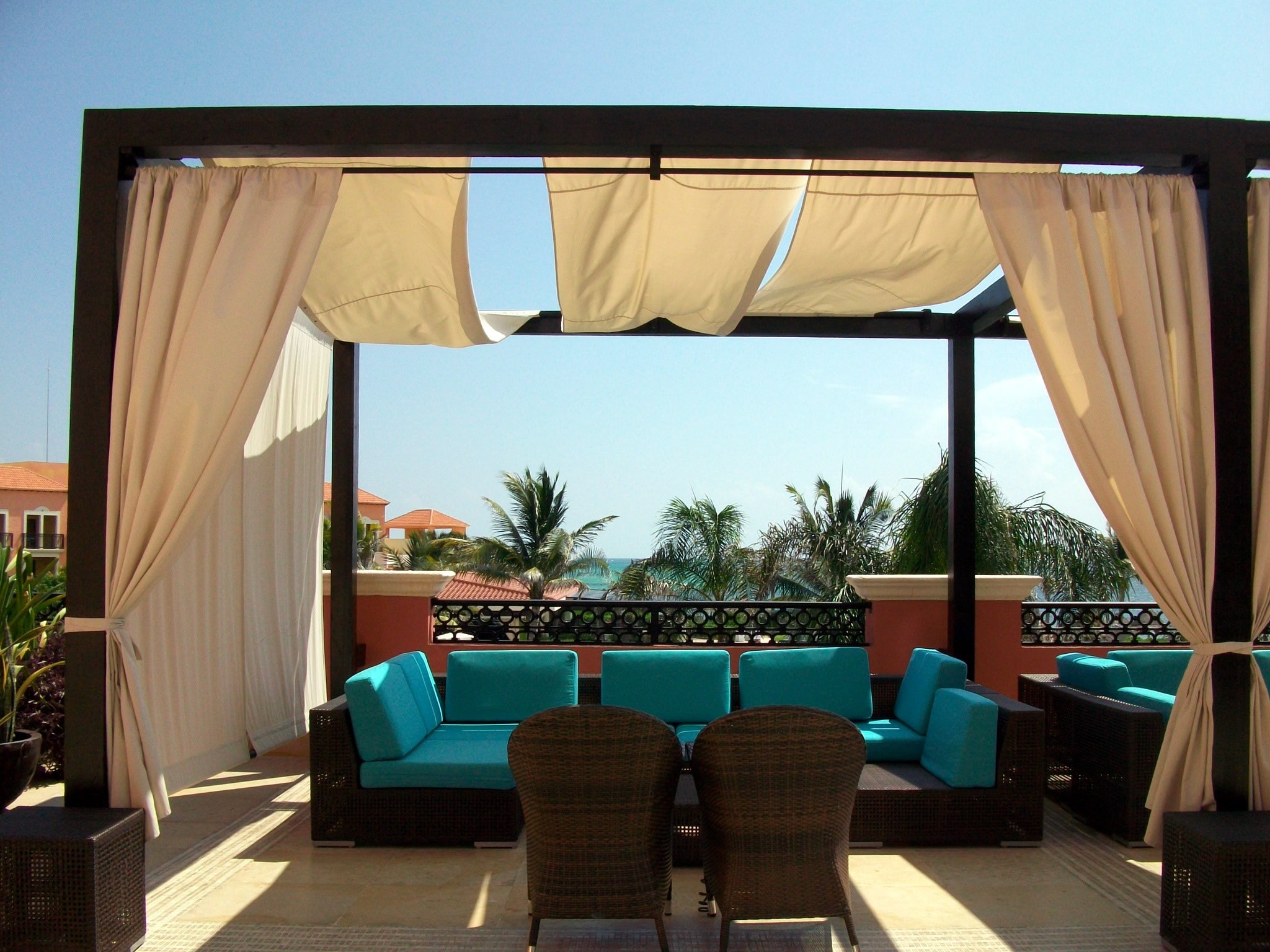
Hard water is a problem in many areas. It comes about when a concentration of certain metals in the water creates the hardness. The problems caused by hard water are many, so let’s have a look at what constitutes hard water.
The main culprits in hard water are magnesium and calcium. These are found in all water at certain levels. The official line goes that if the water contains more than 60mg of magnesium and calcium in a dissolved state, the water is hard. There are locations where this concentration of magnesium and calcium can reach as much as 180mg.
When water hardness is high – at those sorts of levels – then it is clear that there is going to be a problem with the concentration of metals. What are the problems with hard water?
Hard Water Problems
Hard water is a problem in the home – and also in industry – in many ways. For example, the metals in the water can react with washing detergents. This results in laundry not being clean when it has been through even the most stringent washing process.
It can also have the same effect in relation to crockery and other items washed in the kitchen sink, leaving it looking dirty and stained.
Hard water also affects the skin, and can result in uncomfortable dryness and scaling. If you wash your hair in hard water, you may find that the effect is less impressive than you want.
Perhaps the biggest problem with hard water is that it causes a build-up of deposits throughout your plumbing system. This can be costly to repair and may even lead to replacements being required.
What can you do about hard water? The simple fact is that you can make water softer, so to speak, but you need to have an effective and efficient water softener to do so. If you read this you will see there are several different types of water softener for the home, so you can solve the problem with one of these.
Water Softeners
Water softeners are very clever devices that use a variety of processes to reduce the hardness of the water coming into your home. Most concentrate on filtering out the calcium and magnesium in the water, but some models – you can read about them in the review we recommended – also filter iron, another element that can be readily found in home water supplies.
There are a variety of manufacturers offering a range of different models, so you can be sure that you will find one suitable for your requirements. What you do need to consider is the Gallons Per Minute rating, or GPM. This is the amount of water the device can filter in one minute, and will determine whether it will be effective for you, considering the amount of appliances you have using water at any one time.
You also need to consider the various types – for example, salt-based or salt-free – plus whether you need a filter for the whole house water system or just for single appliances. The range of devices available means you have everything from a very simple system that is aimed at reducing limescale build-up to more complex set-ups with twin tanks and more power that will effectively remove as much of the trace metals as is possible.
Salt-Based Vs. Salt-free Water Softeners
Choosing the best water softener for your home requires careful consideration of several factors. Choose a system with a capacity that can handle your household’s water demand without frequent regeneration. It’s also crucial to know your options.
Salt-based water softeners are also called ion exchange softeners. They excel at removing hardness minerals from water through an ion exchange process, replacing them with sodium ions. They effectively prevent scale buildup in plumbing systems and appliances, which can extend their lifespan.
Additionally, softened water lathers soap and detergents more efficiently, reducing soap usage. However, these systems require regular regeneration with salt, increasing operating costs and adding sodium to the water, which may concern those on sodium-restricted diets. Professional installation and periodic maintenance are often necessary for salt-based water softeners.
In contrast, salt-free water softeners, while having a higher upfront cost, don’t add sodium to the water and don’t require regular regeneration cycles, resulting in lower ongoing maintenance. They use template-assisted crystallization or electronic descaling technologies to condition the water and prevent scale formation without removing hardness minerals. This can appeal to those who want to retain their water’s taste and mineral content.
However, salt-free systems may be less effective for tough water conditions. The choice between salt-based and salt-free water softeners should consider factors like water hardness, maintenance preferences, and concerns about sodium content in the water.
Whatever your challenging water problems, check out water softeners, as the less hard your water is, the better it will be for cleaning and washing, and you will eliminate limescale.




 POSTED BY
POSTED BY 

